PE water pipe maintenance, cleaning and maintenance methods
PE pipes are widely applicable. We all know that no matter how good the water pipes are and how good the installation technology is, without good maintenance, the service life of PE pipes will be greatly reduced. If you want to extend the service life of pipes, you must learn how to maintain them.
1. Anti-blocking
Drainage and sewage pipe blockage is common, and one of the reasons for blockage is that there is a foreign object stuck in a certain section of the water pipe. Blocked water pipes not only cause trouble to our lives, but also cause excessive local pressure in the water pipes, affecting the life of the water pipes. To avoid blockage, we can add a floor drain to the drainage and sewage pipe outlet to prevent foreign objects with too large a volume from entering the water pipe.
2. Anti-pressure
Although the hardness of PE pipes is constantly increasing, they will also burst and leak due to excessive external pressure. Therefore, when installing water pipes, try to install the water pipes on the top of the room, which can not only avoid heavy pressure causing water pipes to burst and leak, but also avoid the heavy cost of knocking on the ground to repair water pipes when leaking.
3. Sun protection and cold protection
Long-term exposure to the sun will not only age the PE pipe and reduce its performance, but also provide conditions for the reproduction of a large number of microorganisms because the sun penetrates the pipe wall, causing a large amount of moss to grow in the water pipe, affecting its use. In cold weather, plastic will become brittle, and once the water in the pipe freezes, it will burst the water pipe. To prevent PE pipes from being exposed to the sun or too cold for a long time, try not to lay exposed water pipes, or add insulation materials to the exposed parts for wrapping. The water in the water pipe should be drained at night in the cold winter.
PE water supply pipe cleaning method
PE pipes are widely used in water supply and drainage. If the pipes are used for a long time, bacteria and scale may be produced, which will have a certain impact on the water quality. Moreover, it is unhygienic, especially for tap water in people's daily life. Hygiene and safety are very important. If there are bacteria, scale and other effects in the PE water supply pipe, it will affect the water quality, so that the purified tap water will be polluted again, which will cause harm to people's health.
Therefore, people should pay attention to the cleaning and maintenance of PE water supply pipes, and share some tips with you.
1. In a humid environment, bacteria are easy to breed, and if there is sunlight, algae are easy to form. People can add bactericides to the circulation system to eliminate bacteria and algae in the circulating water and keep the water clean.
2. When the pipeline is draining, there may be more impurities in the water, and biological sludge will adhere to the inner wall of the pipeline. Over time, it will become thicker and thicker, affecting the flow rate of the pipeline and even causing blockage. You can add a stripping agent to clean the sludge through the circulation system.
3. There may be floating rust, dirt, oil and other residues in the pipeline system. Cleaning agents, dispersants, etc. can be added to disperse and discharge these substances to avoid residues on the pipe wall, keeping the pipe wall clean and hygienic.
4. The pre-filming agent can form a dense polymer protective film on the inner wall of the pipeline, which can play a good anti-corrosion role. In this way, when the pipeline discharges some sewage, there is no need to worry about the pipeline being corroded and affecting performance.
5. After the pipes have been used for a long time, scale will be generated. Moreover, some water contains a relatively high amount of alkali, which is easy to form scale. Over time, thick scale will form on the inner wall of the pipe, affecting the water quality and the water flow. Corrosion inhibitors and scale inhibitors can be added to prevent the crystallization and precipitation of calcium and magnesium ions, thereby avoiding the formation of scale.
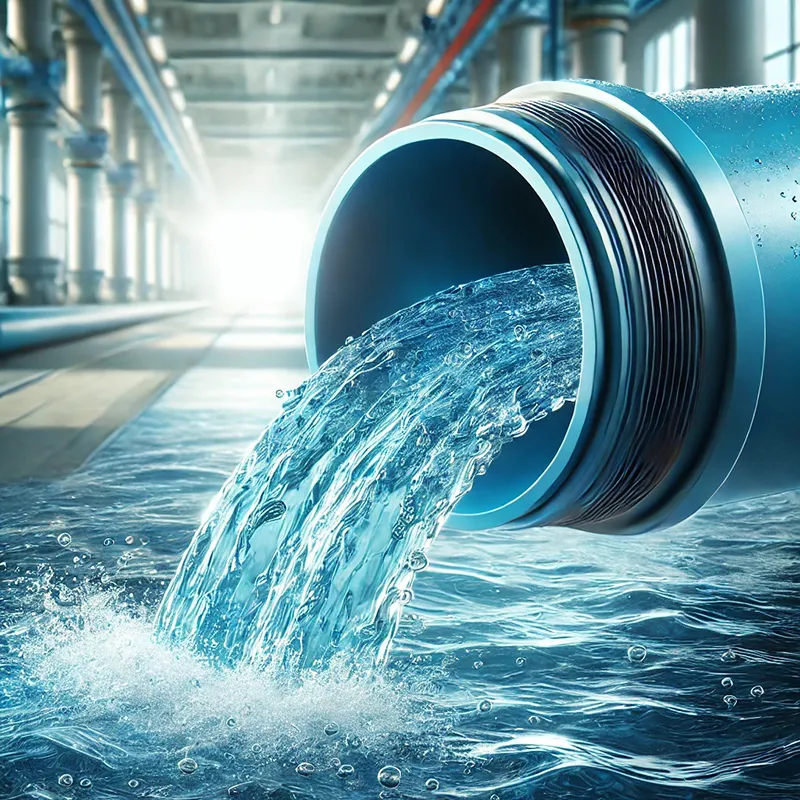
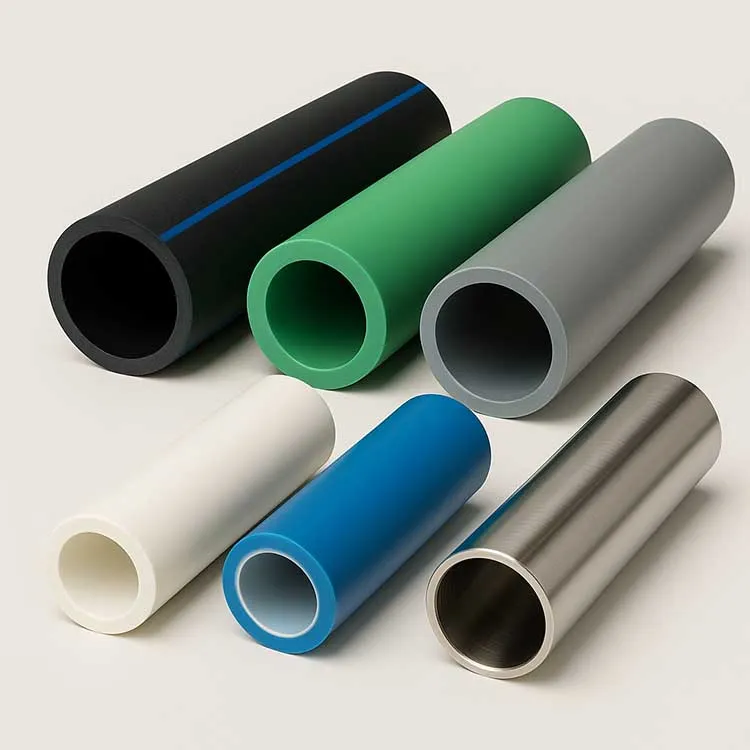
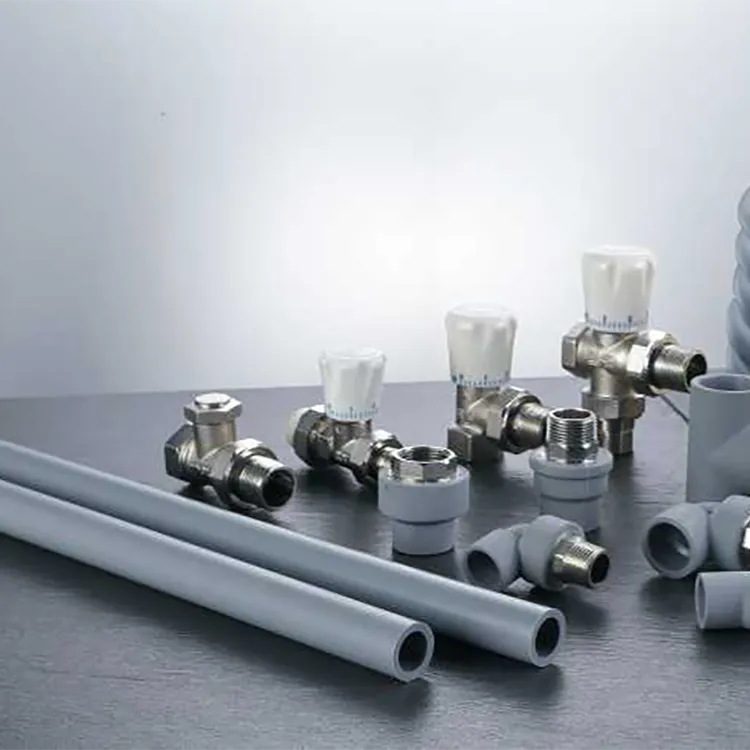
981.webp)
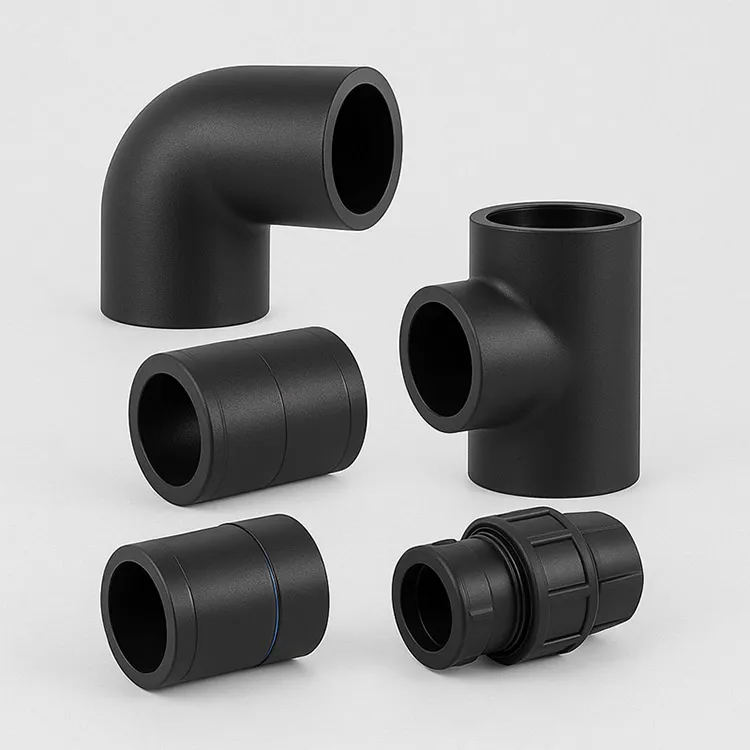
 (1)379.webp)
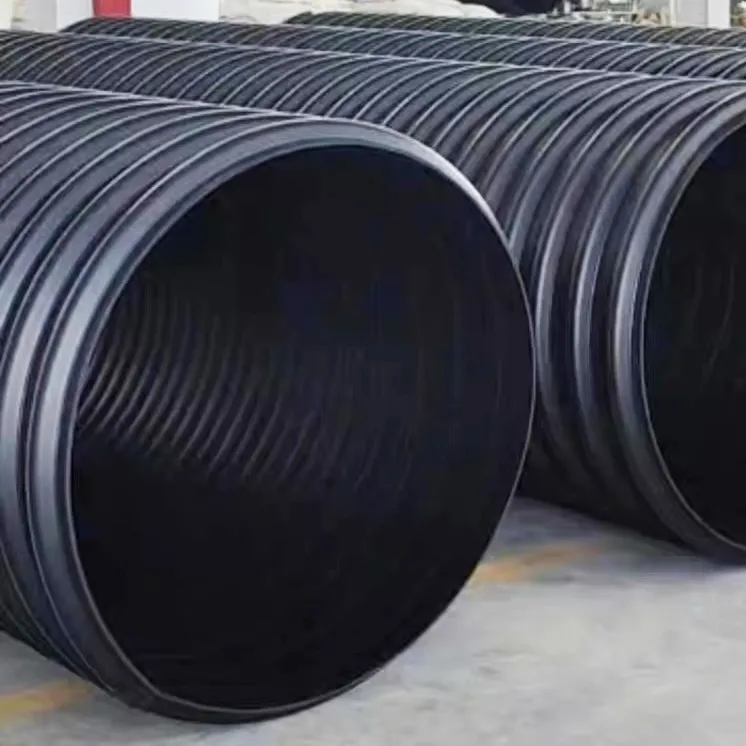
294.webp)
476.webp)
420.webp)
146.webp)
460.webp)
287.webp)
274.webp)
688.webp)


